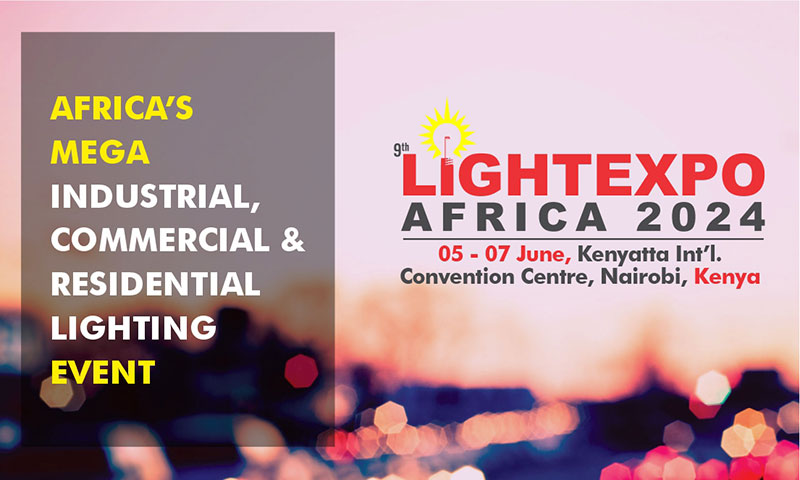
Posted on :Monday , 24th November 2014
The UN Environment Programme (UNEP) en.lighten initiative has convened the Global Efficient Lighting Forum, which focused on accelerating the global phase-in of energy-efficient lighting products. The forum brought together representatives from electrical utilities, lighting manufacturers, development banks, financial institutions and international agencies to reaffirm their commitment to mitigate climate change by transitioning to energy-efficient lighting, and to discuss the best ways to accelerate such a transition.
The forum, organized in collaboration with the Global Efficient Lighting Centre in China, took place in Beijing, China, from 10-11 November 2014. More than 200 participants from 60 countries gathered to: exchange best practices; discuss progress, challenges and benefits of switching to more advanced lighting technologies; and reach consensus regarding the technical, policy and financial measures necessary to accelerate and achieve such a transition. Widespread use of commercially available efficient lamps and lighting devices could reduce electricity bills globally by US$120 billion each year and avoid the construction of about 280 new coal-fired power plants, saving an additional US$23 billion.
Participants developed a global action plan to enable countries to transition to the most energy efficient and appropriate lighting systems, and identified opportunities, methodologies, tools and concrete actions to realize such a transition. Participants also recognized the importance of bringing modern lighting services to the 1.3 billion people around the world who lack access to the grid.
In a video message, UN Secretary-General Ban Ki-moon recalled the recent launch of the Global Energy Efficiency Accelerator Platform to help double the global rate of improvements in energy efficiency. He added that the forum can “shine as a beacon for negotiators” in advance of the Paris meeting in 2015 where a new climate agreement is expected to be reached. Transitioning to efficient lighting is key to the Secretary-General's Sustainable Energy for All (SE4ALL) initiative, and recommendations and actions resulting from the forum are expected to contribute in achieving the SE4ALL efficiency goal.
In addition, countries, regional bodies and organizations that have made significant progress with and taken the lead in transitioning to efficient lighting were recognized, including the Governments of Chile, Jordan, Tunisia and Uruguay. Other honorees included: the Economic Community of West African States (ECOWAS) Centre for Renewable Energy and Energy Efficiency (ECREEE) for developing a regional framework to facilitate the shift to efficient lighting; the Department of Industry of Australia for being the first Organisation for Economic Co‑operation and Development (OECD) country to phase-out inefficient incandescent lamps in 2007, with other OECD countries following Australia's lead; IKEA for its commitment to sell only LED lighting in its stores by 2016; and the Global Environment Facility (GEF) for funding efficient lighting activities in more than 40 countries and regions.
The UNEP en.lighten initiative provides technical support to accelerate global market transformation to environmentally sustainable, energy efficient lighting technologies. Thus far, 66 developing and emerging countries have joined the initiative and committed to phase out inefficient incandescent lamps by the end of 2016




